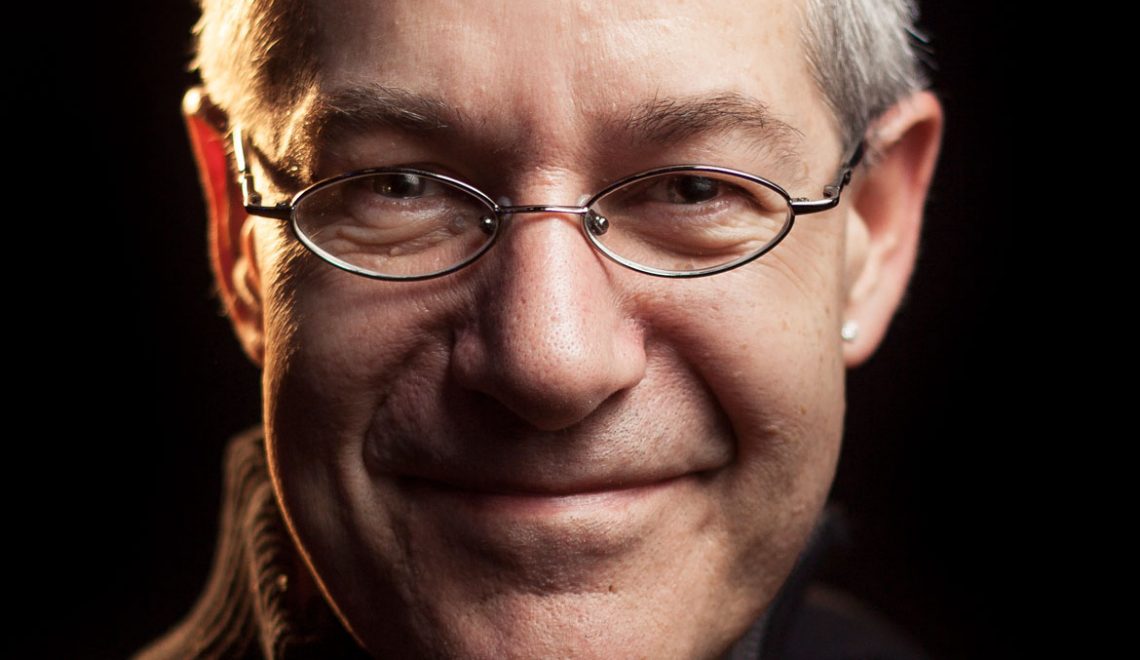
Scepticism is something vitally important to scientific enquiry. I like to consider myself a sceptic but there is side to scepticism I’ve had my doubts about. Whilst I, an atheist and empiricist, feel a certain ownership over the term, so do the climate deniers, anti-vaxxers, UFOlogists, homoeopaths and ghost hunters. By their own admission, they’re all “open-minded” to extraordinary explanations and yet sceptical of ordinary evidence and I think it has something to do with Charles Fort.
Charles Fort has had an interesting legacy. He was an early 20th-century writer and journalist whose study on anomalous phenomena, The Book of The Damned, gave us the term “Fortean” – A word routinely associated with ghosts, UFO’s, other spooky occurrences and those who believe in them. In his work, he catalogued phenomena that science couldn’t adequately provide an answer for and substituted his own ridiculous and paranormal explanations. Given this, it‘s hard to consider what contributions he has made to scientific thinking, but in reality, Fort was the ultimate sceptic.
Dogmatic Science
Fort’s work has a particular brand of sarcasm and satire that has been misinterpreted or missed entirely. In his book Lo! he writes “I believe nothing of my own that I have ever written”. His preposterous explanations were never intended to be believed as fact. Fort’s goal wasn’t so much an exploration of the unknown but a challenge to what we do know and how we know it. He wanted to challenge dogmatic authority within fields of scientific study. Dogmatic, in this sense doesn’t necessarily refer to the concept that science or scepticism is in of itself a type of religious thinking – though I imagine Fort would have equally attacked this – more the dismissal of data that seemingly contradicted scientific thought either through purposeful exclusion or unsatisfying explanations.
It easy to see why this approach would make him a saint amongst those with an interest in the supernatural and paranormal but this level of scepticism is genuinely helpful, perhaps even essential, to those of us with an empirical soul. It demonstrates two important factors of scientific and free enquiry.
The first is that our knowledge is obviously incomplete. By its nature, scientific discovery can only happen if there is something to discover. An assumption of total knowledge immediately limits the boundaries of our potential knowledge. Further, our knowledge is not certain. If something has a 99.99% certainty, then we still have a 0.01% uncertainty. Whilst statistically unlikely, and in some fields considered as good as impossible, we still have to acknowledge this.
Pseudo-Scientific Agendas
The second is that should we build that line of what we know for certain, ignoring avenues of inquiry, denying the 0.01% possibility, we allowed those avenues to be darkened and used for pseudo-scientific agendas. Fort inserted ridiculous theories around data and observations that were ignored by the scientific community in order to satirise, the problem is not everyone appreciates satire. These irregularities and tiny percents are used to justify belief in utter nonsense. Look at the 3% of scientist that don’t agree that climate change is a man-made occurrence and how they have been able to affect global policy.
Good scientific enquiry should accept that our knowledge is incomplete and where it’s incomplete we should investigate. This truly Fortean approach to scepticism is worthwhile. Now, of course, this doesn’t mean that we, upon viewing grainy footage of shadowy figures must leap to the acceptance of the existence of ghosts, only that we have to accept that we didn’t expect to see a grainy image – accepting the limits of our knowledge and that we should investigate it further.
Fortean Scepticism
However, it is true that this Fortean scepticism has and can be misused. For instance, say we examine our mysterious footage and find that our spectre is nothing more than an imperfection on the lens of our recording device. We haven’t precluded the existence of ghosts, only we have demonstrated that this footage is not of a ghost. How then, can we continue with a healthy scientific scepticism and avoided an acceptance of the possibility of the paranormal? How can we accept that science does not have all the answers or cosmological truth (yet) and still proclaim proudly that “no ghost need apply”?
Occam’s Razor
Firstly, and perhaps most obvious is we should not build our methods of epistemology and ontology on pieces of satire. This seems reasonable by almost all standards. The second is that we should temper our healthy scepticism with the law of parsimony, a.k.a. Occam’s Razor.
William of Ockham was a theologian in the 14th century and most of you will likely be familiar with Occam’s razor, but for those of you that are not, it can be surmised as follows: Given conflicting theories, the one with the fewest assumptions, is more likely to be correct. It’s so named because it cuts away that which is unnecessary. I first became aware of Occam’s razor through Lisa Simpson who shortened it to “the simplest explanation is probably the correct one”.
Simplicity Has a Quality of Relativism
The problem with using simplicity over a number of assumptions is that simplicity has a quality of relativism. For someone who already believes in ghosts, it’s simpler to accept that ghosts can be caught on film than to understand the more technical aspects of photography, lens craft and lighting that result in unusual and rare photographic anomalies.
Assumptions, however, can still have a high level of complexity, but rely on the balance of more certainties. In our example, the scientific explanation uses certainties about photography, lenses so on and so forth and makes only the assumption that all these factors, rather than other factors with identical traits, occurred to give us our haunted home video. It’s not simple, but there are fewer assumptions.
The Supernatural Explanation
The supernatural explanation, however, already assumes the existence of ghosts and assumes that all the factors in the scientific explanation are wrong. On top of which there are assumptions made about why the scientific considerations, how ghosts can be caught on film, the nature of the afterlife, human consciousness etc. The assumptions made in a supernatural explanation become almost endless and reverberate around every facet of what we know.
Again we could be sceptical about the value of assumptions over certainties. These certainties are after all decided by scientific enquiry that we may have reason to doubt. But this would lead one down a dangerous road. If we began to doubt everything in this way, we would simply be unable to function in the world. This level of scepticism would result in one’s sudden and likely horrific death. Doubting the need for sustenance, recommended dosages or looking both ways before crossing the road would lead to one’s quest for truth ending much sooner than one would hope.
Occam’s razor doesn’t mean that any given theory is inherently correct, only that it is much more likely, allowing us to play the odds and operate between the two positions presented here. We can be sceptical and have an active and useful scientific method yet avoid a black hole of endless doubt. It allows us to set aside unlikely circumstances in practical cases, making science a useful and pragmatic tool, and at the same time identify possible problems in our theories.
Climate Change Sceptic
As an example, we can look at the work of 97% of climate change specialist who say that climate change is man-made and take the approach that they are more likely to be correct over the 3% who think otherwise on the grounds that in a fair sample of these scientists, more assumptions are needed for the 97% to be wrong. More sets of incorrect peer reviews, more sets of data ignored, more misinterpretation. At the same time, we can hold onto our sceptical approach and investigate the evidence and how it affects our larger theory that the 3% provide.
Without the scientific method and without the influence of Occam’s razor, rampant scepticism can construct dangerous false worlds and hinder discovery. That said, scepticism seems to be the best approach and best incentive for using science. It is built into the core of science and the need to understand what’s happening beneath the surface appearance and apparent collective wisdom. The world without scepticism is stagnant and free from enquiry or progress. Healthy scientific scepticism should be called for but never forget the sceptic’s maxim.
“Keep an open mind, but not so open your brain falls out.”
The opinions in The Freethink Tank’s Opinion category are those of the author and are no reflection of the views of the website or its owners.
Advertisement









